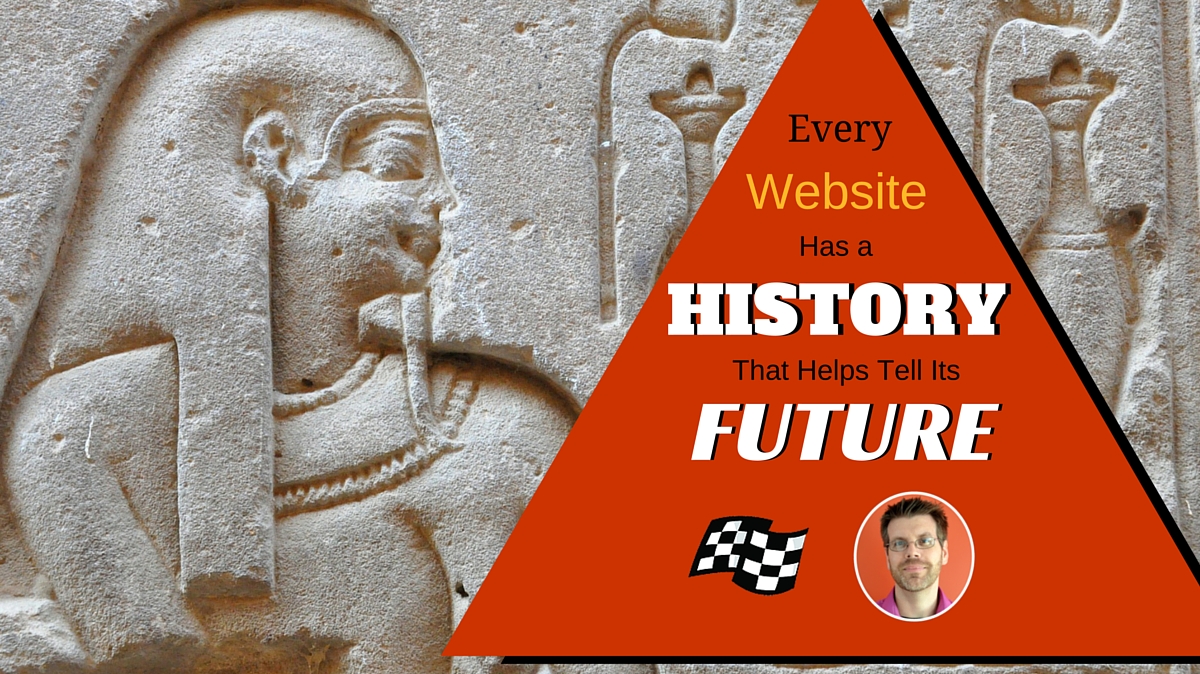
You’ve heard it said that unless you know where you’ve been, you won’t be able to figure out how to get to where you’re going. Or something like that. But there is definitely some truth to that in the realm of web marketing. Your site’s past will impact its future!
And there is no better way to know a site’s past than to ask the right questions. The questions below are ones that we ask all new clients in order to help us better understand the site’s background and how that might impact the strategy (and results) going forward.
Q: Does your website utilize content provided by other sources (such as product descriptions or free-use content), or is the content unique to your site alone?
Here we are looking for any potential duplicate content issues that we’ll need to address. In many cases, dupe product description content is to be expected, but we want to know about it in advance. This can help us develop the right strategies to ensure the marketing campaign can overcome any associated negatives that come with this type of duplication. Other than that, we are also looking to make sure that there isn’t any copied content that will hurt them overall.
Q: Is your website of original design, or does it use a template available to others, including your competitors?
There is nothing wrong with using design templates that are customized for each specific site. However, we want to be aware if a site is a near-exact duplicate of one or more other sites on the web, especially if that might be cause for creating a negative impression of the business in the mind of its visitors.
Q: Do you own or operate any other websites that are targeting a similar or the same audience as the website we are marketing?
This one can be a pretty big deal. Many companies get the idea to create multiple sites (or mini-sites) as a means to capture more traffic and attention. There are some cases where it makes sense for a business to have multiple sites, but usually it’s just bad business. If we are optimizing one site and there are one or more similar sites by the same company out there, we need to know about it.
Q: Do you own any other domain names that are currently redirecting to the URL we are optimizing or any other location?
Sometimes it’s not another site that can create problems but another domain name that is not properly redirecting to the site. Catching this early can help eliminate duplicate content issues and shore up site authority to the URL that is being optimized.
Q: Have you worked with any other SEO companies and/or services in the past?
This can be an important question, especially if the other SEO company did something that might not be the “best” thing for the site. This generally leads to a conversation about specific strategies that the previous company employed and what the results were. It even helps us get a better understanding on how best to work with the client. We never trash the previous SEO, but we do need to get an understanding of how things went.
Q: Do you currently use or have on your site server any stand-alone landing pages designed solely to get top rankings on search engines with little or no user benefit?
Yes, people still make doorway pages. We’ll usually find these in our own research, but depending on the other critical issues at play, simply asking up front can help us develop a strategy for dealing with these pages. Sometimes they can be co-opted and worked into the site, other times they have to be trashed. But we won’t know until we know, ya know?
Q: Is your site now, or has it ever, been banned by Google or any other search engine?
A very important question. We don’t want to get months into a strategy only to find out that the site was banned for some undisclosed reason. Regardless of whether it is currently or was previously, this information helps us set expectations for overcoming the negative consequences of such an action.
A lot of questions we want to know can and will be uncovered during a deeper review of the site and digging into analytics, however we feel these are important enough to know up front. This historical knowledge helps guide our deeper reviews and helps us develop strategies that will better position to get the future results they are looking for.
